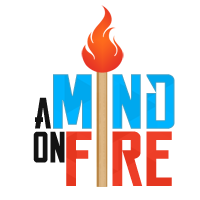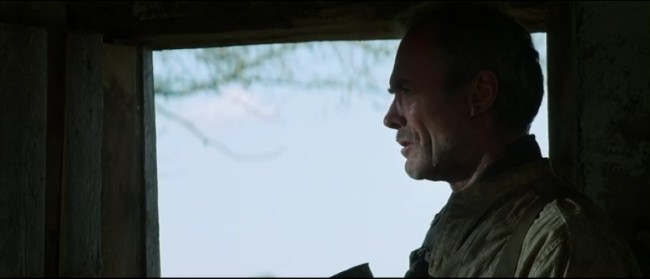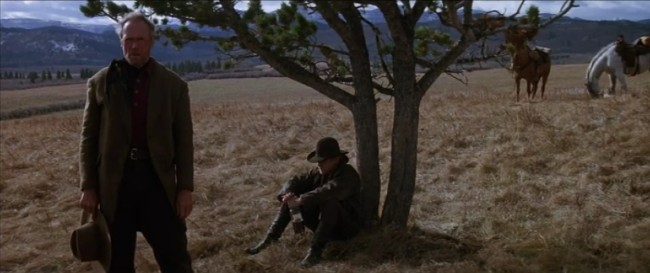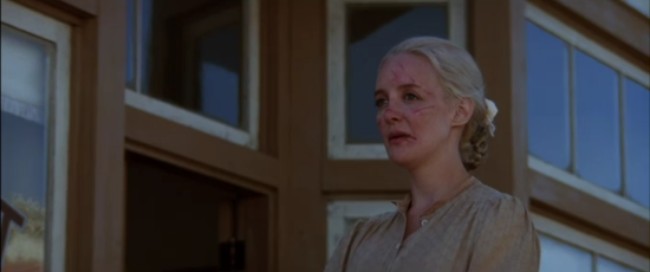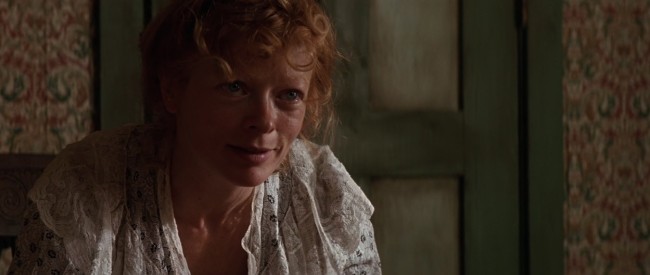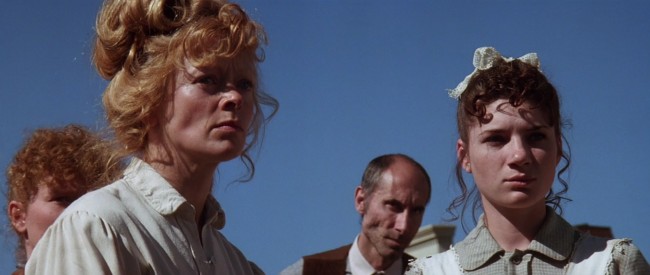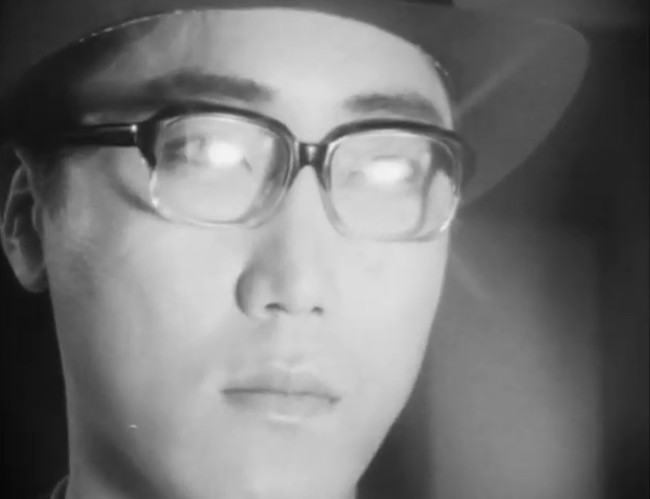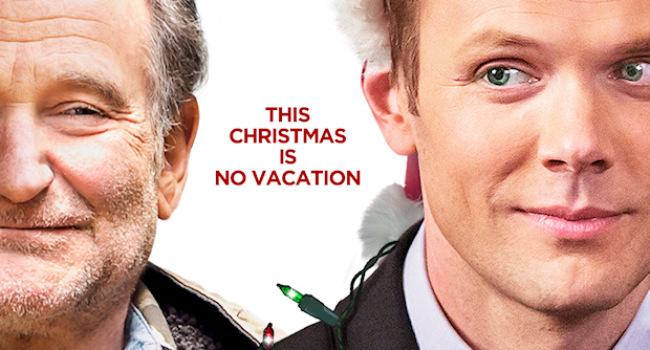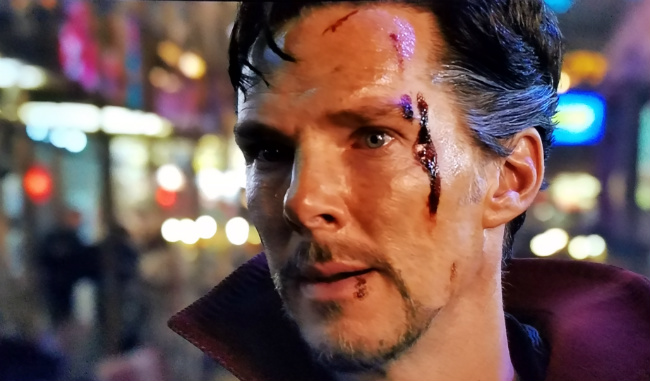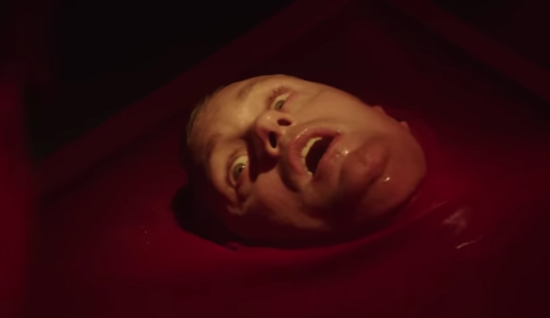Unforgiven: No Autonomy in the West
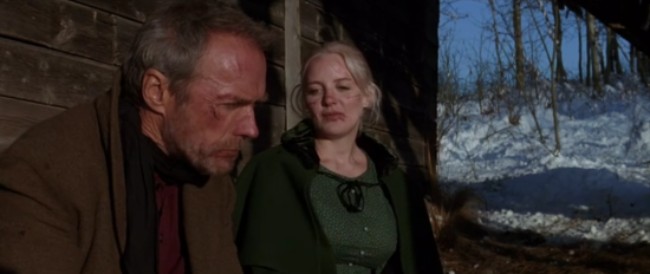
Unforgiven was released in August of 1992. It would go on to win four Oscars including Best Picture and Best Director. In 2004 it was added to The National Film Registry for permanent preservation. The story is a familiar one. An outlaw who has changed his ways returns to the life he once knew for one last job. It’s an old chestnut played out in countless movies, but in the hands of Clint Eastwood it becomes something different.
The Past Never Stays In The Past
When we first meet Will Munny (Clint Eastwood) he’s a pig farmer raising two children, but he was once the “meanest son of a bitch alive.” His wife, Claudia, the woman who turned him away from his wicked ways, has been dead for three years when the Schofield Kid comes into his life. The Kid offers him the opportunity to split one thousand dollars with him. The only catch is they have to kill two cowboys who cut up a prostitute.
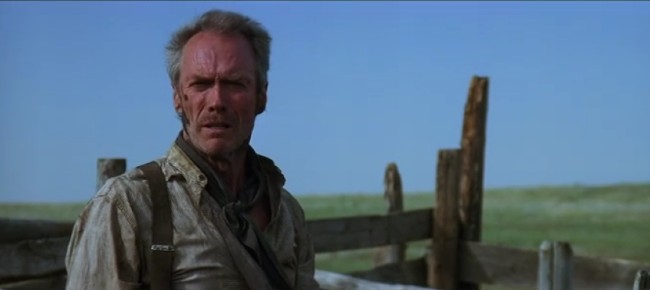
The Old Way
The prospect of returning to his old life does not seem very appealing to him, but yet he doesn’t sound convincing when he turns down the Kid’s offer. He tells the Kid he’s “just a fella now.” Yet the reasoning sounds hollow. He doesn’t sound anymore convincing when he tells the Kid how his departed wife cured him of his wicked ways. There’s something just below the surface, something that sounds more regretful than a true conviction in his current situation.
Munny may have stayed a pig farmer had it not been for the bounty. The bounty is what starts the movie, it’s the catalyst that starts the action that follows in Unforgiven. The bounty may seem like it’s Munny’s driving force, but it’s not. He’s well on his way to killing the two cowboys when he first mentions the bounty making a better life for his children. The bounty represents something else than a better life for his children.
The Bounty
The bounty is a ball and chain that keeps him tethered to his past life. It’s a past that no matter how hard he tries he cannot break free from. Like a mantra, he keeps saying that he has changed his ways and that his dear departed wife cured him of his evil ways. Who’s he trying to convince? After a certain number of times it’s clear he’s trying to convince himself. Though it may be true that he had changed there was always the part of him that had killed women and children still in him closer to the service than he would ever care to admit.
We are chained to our past. Our histories have a weight that not all of us can bear. At the time the Kid made his offer Munny’s past came crashing down on him. He could no more refuse the offer than he could deny his true nature. He looks at the Kid disappearing over the horizon. The look on his face is one of longing. It’s a look of something forgotten but soon remembered. Munny, with his old partner Ned Logan in tow, ride off to catch up with the Kid. If he ever had agency over his actions and thoughts it was cast out the moment he decided to kill the cowboys.
The lack of agency is one of the prevalent themes in Unforgiven. The movie starts with a lack of agency. The attack on Delilah Fitzgerald is what brings Munny, Ned Logan, and the Kid to the town of Big Whisky. It’s the same thing that brought English Bob (Richard Harris) to Big Whiskey. They are there because Strawberry Alice put the bounty on the cowboy’s head for their attack on Delilah Fitzgerald.
Silence Is Not Consent
Historically, sex workers have never had control over their own autonomy. Skinny, the saloon owner, argues to Little Bill, sheriff of Big Whiskey, that he had a contract with Delilah to provide certain services. More importantly Skinny calls Delilah an investment. Investments are something people make in inanimate objects (real estate, land, a business, technologies) or animals (race horses, show dogs). Delilah is treated like an investment, like she’s real property to be bought and sold. Skinny now won’t be able to make any money off Delilah.
No Autonomy
As property she has no control over what happens to her or what happens to the cowboy who assaulted her. Little Bill wants to whip the cowboys. Skinny wants to be reimbursed for the loss of income. Strawberry Alice (Frances Fisher), the de facto leader of the women, wants something more. Without consulting anyone Bill decides the proper punishment is paying Skinny back in the form of horses. The assumption is that a woman’s life is worth no more than a few horses.
Not everyone seems happy with the decision. The cowboys argue the price is too steep. Alice thinks it’s not fair. Skinny is happy with the outcome because he’s getting seven horses. Little Bill feels justified in his decision because the cowboys weren’t “loafers” or “trampers.” Noticeably silent is Delilah. She voices neither consent nor disapproval. In fact, other than speaking with Munny while he’s recovering from injuries sustained later in the movie, she doesn’t have a real voice in Unforgiven.
Delilah is silenced twice in Unforgiven. She is silenced the first time by both Skinny and Little Bill who don’t ask her opinion in the matter that directly involved her. The second time is by Alice who doesn’t allow her to have any involvement in the events that follow. Skinny and Bill silence her because of her gender and profession. Alice silences her for reasons only she knows.
Alice
It’s Alice who comes up with the idea of putting the bounty on the cowboys’s lives. Delilah lays in bed as Alice collects money for the bounty. Even here some of the ladies do not want to contribute money. Silky, one of the working ladies, asks “If Delilah doesn’t care one way or the other, what are we getting so riled up about?” Alice almost strong arms them into giving their savings towards the bounty.
Alice is first, followed shortly after by the other girls, to throw horse manure at the cowboys as they’re paying their debt to Skinny. Alice chides Delilah when she seems to be ready to forgive the younger of the two cowboys who wants to give her a horse of her own. He does seem repentant of the deed he had no part in committing. Alice though won’t allow him to apologize. Delilah, once again, stands in the back as the others drive the cowboys off pelting them with horse manure.
When the first cowboy is killed Alice yells to the townsfolk, “He had it coming. They both do. Both of them for what they done!” It’s yelled with a passion that’s more personal than defending a friend. For all of Alice’s hatred towards Little Bill, Skinny, and the cowboys for what they did to Delilah it seems that she is seeking her own revenge for something that may have happened to her in the past. Alice has in effect hijacked Delilah’s trauma.
Violence Begets Violence
After Munny meets Delilah the story in Unforgiven shifts and becomes squarely about completing the bounty and the fallout from the killings. At the time of its release Unforgiven differentiated itself from many of the Westerns that came before. We often saw the results of violence in Western movies and it was usually a more cherry result than violence usually produces. The villain at the end of the movie lays dead in the street or canyon while the good guy rides away on his horse into the sunset. However, we rarely saw the ramifications of the violence. Unforgiven was an unflinching look at the effects of violence on the survivors and perpetrators of violence.
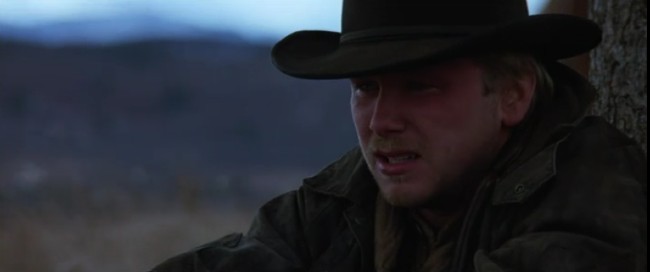
The Kid’s false bravado is put to rest after he kills the last cowboy. He justifies his actions by saying the cowboys “had it coming.” Interestingly enough, the Kid is the third person in the movie to justify their actions by claiming the cowboys deserved to die. However, it does nothing to actually justify his actions or make him feel any better. He gives Munny his pistol as well as the entire bounty. The Kid would rather be “blind and ragged” than dead. His days of violence are over and his one action will probably remain with him for the rest of his life.
Munny vs Little Bill
Whereas Munny admits his evil past, Sheriff Little Bill denies his past wrong doings. He presents himself as a good man, as a man who despises cowards and men of low character. The line between Bill and Munny is blurry at best. At worst, there is no line between them. The two men even share the same name. Bill rules Big Whiskey through fear and intimidation. It’s evident from Bill’s aptitude for violence that the people of Big Whiskey are scared of Bill. He’s the bully and the coward he accuses other men of being. When Munny aims his gun for a final time, Bill says, ” I don’t deserve this. To die like this. I was building a house.” Truth be told, it’s exactly what Little Bill deserved.
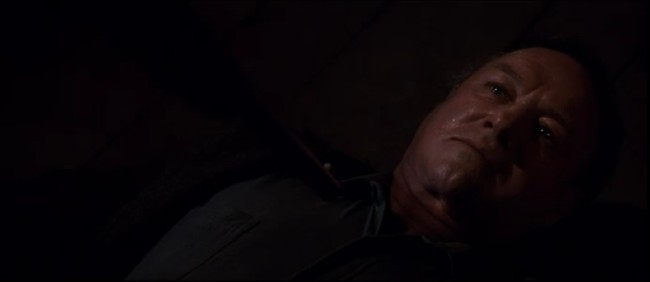
By the end of Unforgiven we’re not even aware of Delilah’s presence. She has become a secondary character in her own story. It’s easy to forget about her in the subsequent action that followed the original attack. Eastwood, the director, sucks the viewer completely into Munny’s decent back into madness. But Munny’s curses and warnings to Big Whiskey aren’t the last thing we see of the town. Eastwood turns the camera back onto Delilah who watches Munny ride out of town with a slight smile on her face. Perhaps, in the end, Delilah has claimed some of the agency those around her wanted to take from her.
